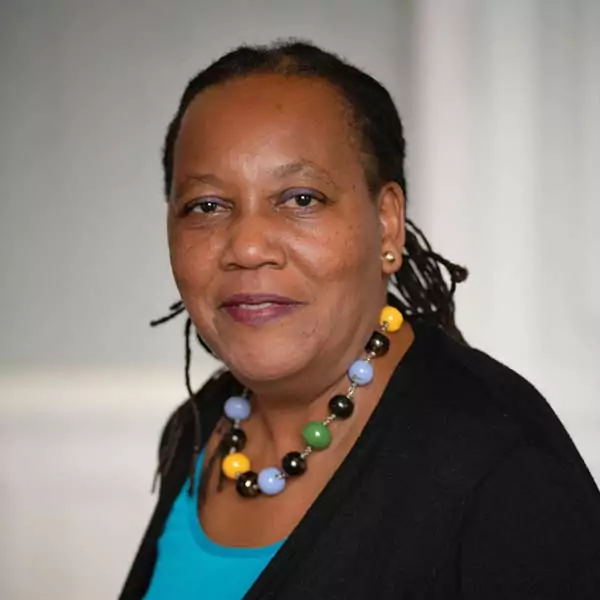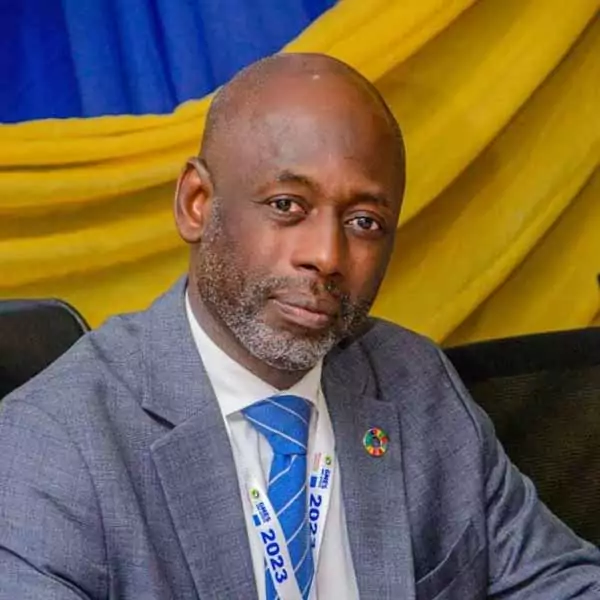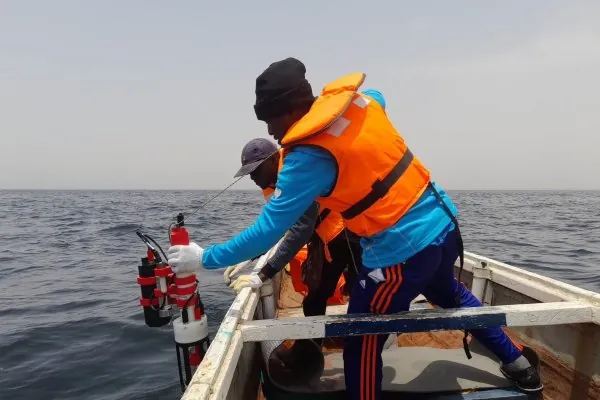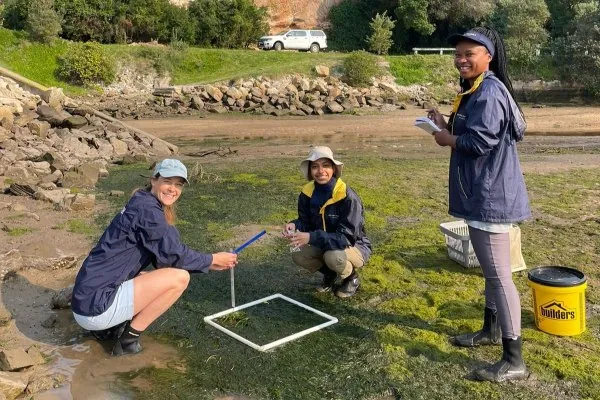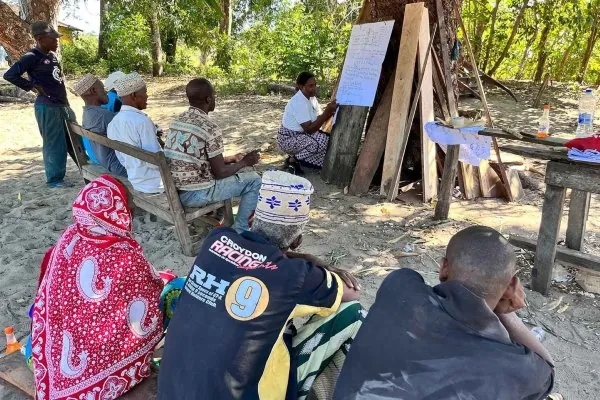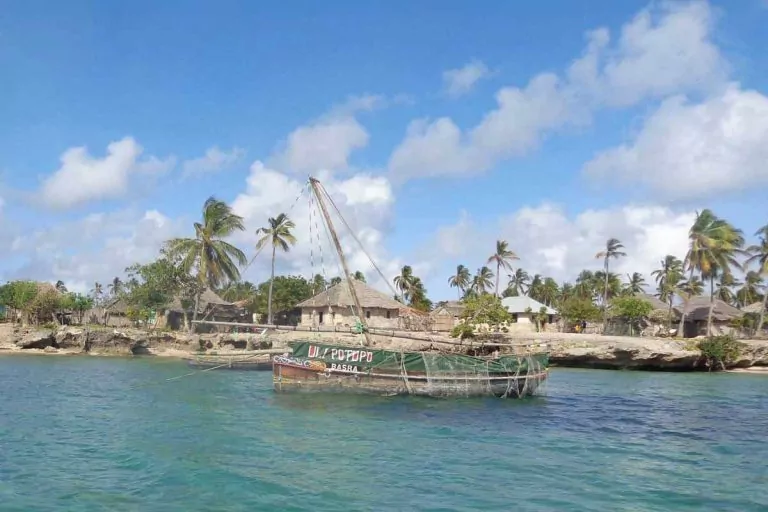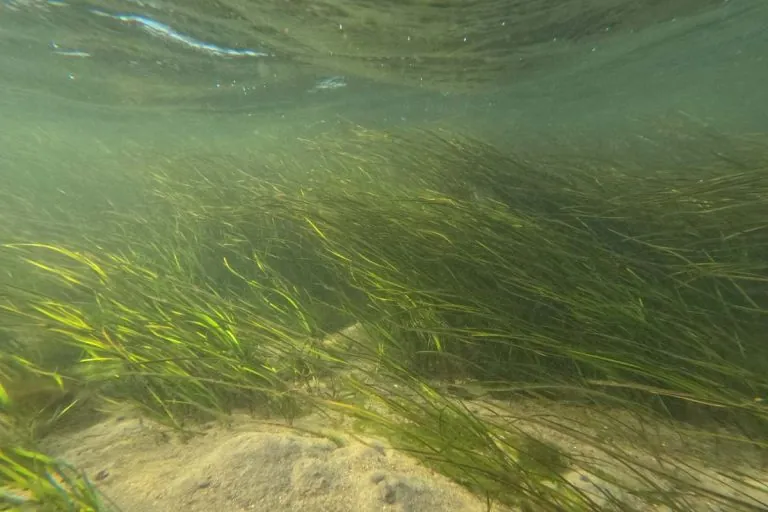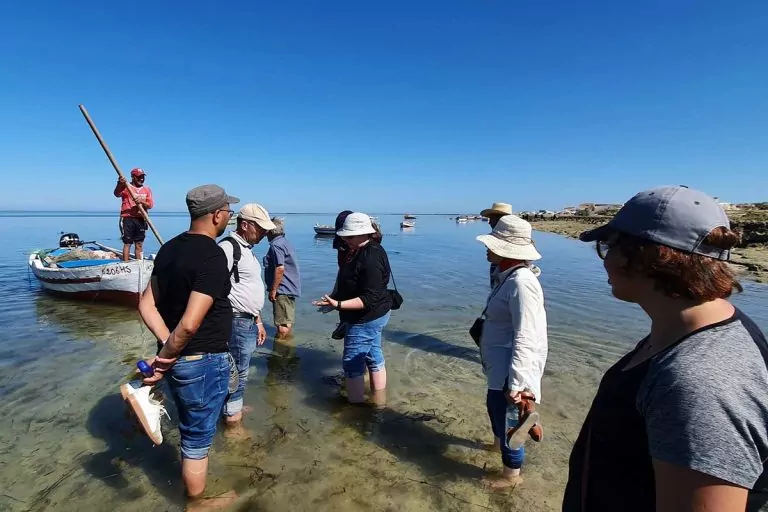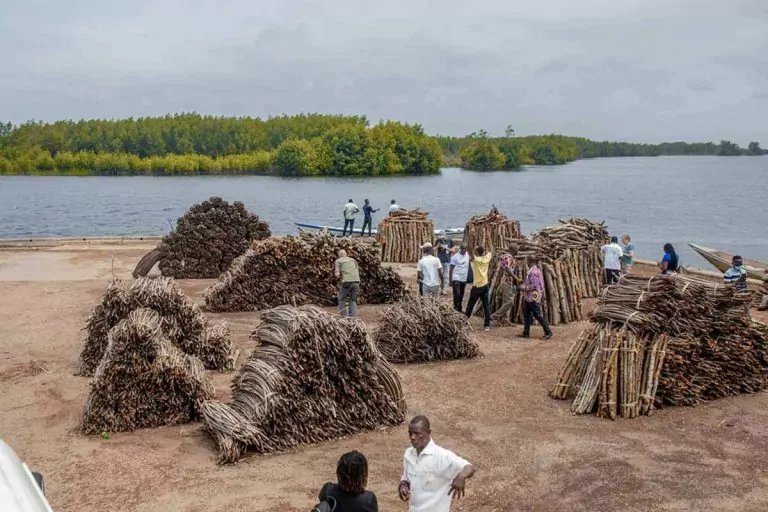MeerWissen African-German Partners for Ocean Knowledge
We support partnership projects between African and German research institutions that harness the power of science and collaboration to make knowledge-based decisions for the conservation and management of Africa’s oceans and coasts for the benefit of present and future generations.
Outputs & Impacts of MeerWissen Projects
As at February 2024 (1st and 2nd Call)
Capacity
Development
10,000+ Participants
46% Local community involvement
Strengthening the capacity of scientists, policy-makers and local communities through stakeholder workshops, trainings, and scientific conferences.
Example: Community-based ecosystem monitoring in Cabo Verde
The MeerWissen project “Coastal Ecosystem Monitoring” (CEM-CV) in Cabo
Verde facilitated training courses taught by international experts to teach local
scientists, technicians and students how to apply acoustic technologies for the
assessment of fish and zooplankton biomass in coastal waters. It furthermore
developed an online application to collect and integrate comparable data on
ecosystem goods and services from aquatic and terrestrial habitats. This citizen-
science tool was used to train local communities in data collection methods
via a smartphone app.
Publications
Scientific publications and reports, data and digital tools, policy briefs, and communication materials.
Example: Video policy brief for the protection of Culturally Significant Areas in South Africa:
The MeerWissen project CoastWise stood out with a new approach to a policy brief. A video policy brief was developed to motivate the inclusion of Culturally Significant Areas (CSAs) in Marine Spatial Planning (MSP). This format was chosen to raise awareness among decision-makers and the public. Involving policymakers in the development of the content of the video policy brief increased ownership and the likelihood that stakeholders will champion the inclusion of these important heritage areas in broader policy processes, such as MSP. The video policy brief highlights CSA along the coast and was made available in two formats, targeting a non-expert and a political audience, respectively.
Science-Policy
Interfaces
Science-policy networks, collaborations and platforms, published policy briefs, science-policy conferences.
Example: Joint taskforce for uptake of fisheries data in East Africa
The MeerWissen project “Fishing Data East Africa” (FIDEA) has achieved a significant impact on policymaking in the East African region through the establishment of a new political platform. FIDEA established a joint taskforce for the exchange of fisheries data and information between researchers and the National Ministry of Livestock and Fisheries in Tanzania. It successfully linked policymakers and fisheries researchers through an international partnership supported by the Food and Agriculture Organization (FAO). This enabled the project partners to conduct an extensive review of the fisheries information system in Tanzania, Zanzibar and Mozambique and provided the opportunity for the countries in the Western Indian Ocean (WIO) Region to submit their first report on the progress towards SDG 14.4.1.
Collaborations
21% Local community involvement
8 African countries
New networks, collaborations and platforms developed between scientists, policy-makers and civil society.
Example: Marine science education network in Namibia
The MeerWissen project “Marine Ecosystem Services for Marine Spatial Planning” (NAMares) has succeeded in creating a new network of Namibian teachers and scientists with an interest in the ocean, who share ocean-related research materials and topics. During school visits, NAMares researchers introduced learners and teachers to marine ecology. In exchange, scientists were reminded by learners how much the coastal population depends on the ocean and its ecosystem services. This resulted in a new network of teachers and marine scientists who maintain their connection through a WhatsApp group, sharing teaching materials and marine research news. This example demonstrates that building networks is key to ensuring sustained impacts of a project.
Digital
Innovations
Science-policy networks, collaborations and platforms, published policy briefs, science-policy conferences.
Example: Genetic barcoding for marine biodiversity in Tanzania
The project “Assessing the biodiversity of eels” (BIOEELS-TZ) focused on the use of modern scientific solutions to facilitate state-of-the-art conservation in Tanzania. Junior researchers were trained on-site in the use of modern pop-up satellite tags, which were successfully used to tag eels with popup satellite transmitters. To ensure the best interpretation of the data, researchers trained students of the university of Dar es Salaam in genetic barcoding, an emerging method of species identification using short, standardised DNA segments.

